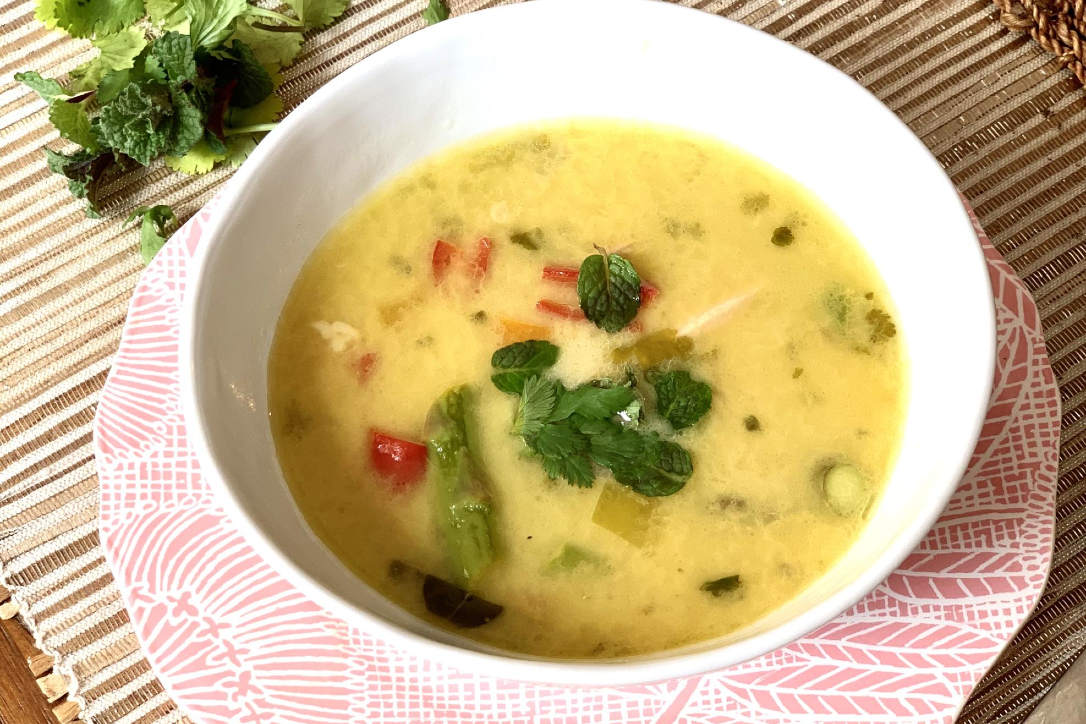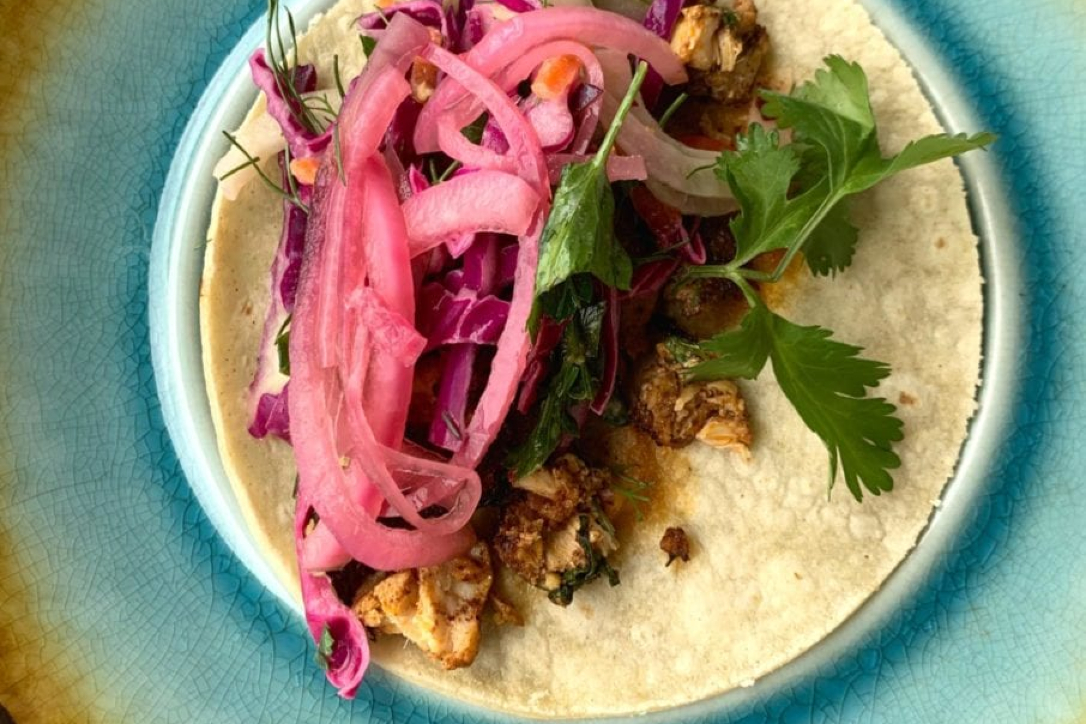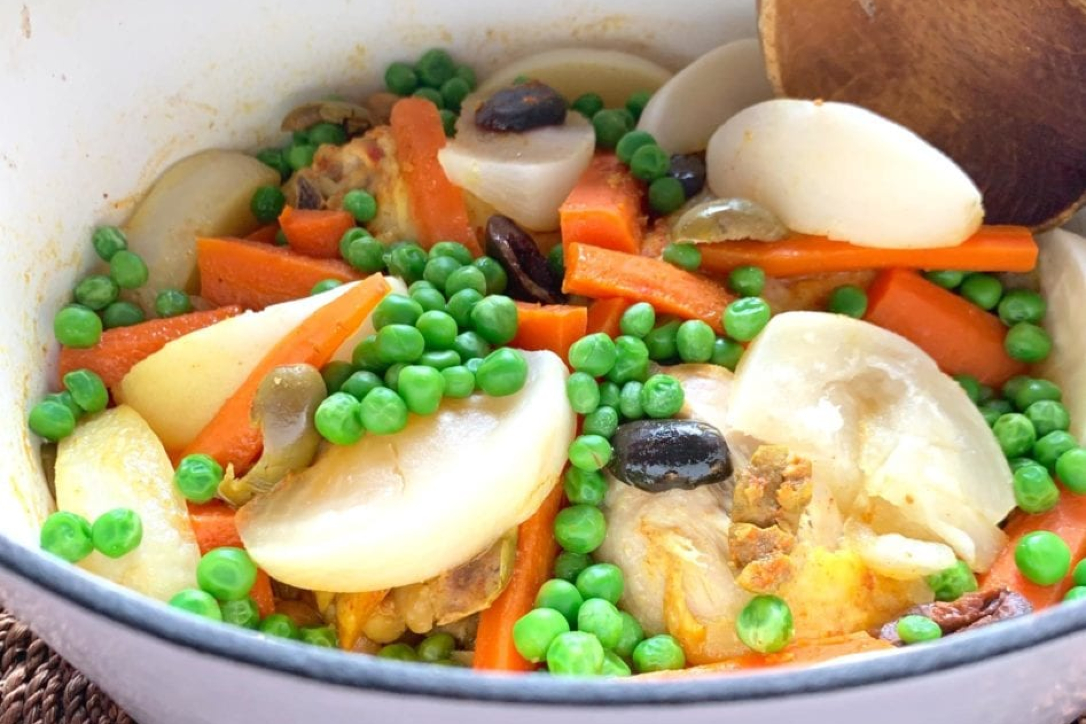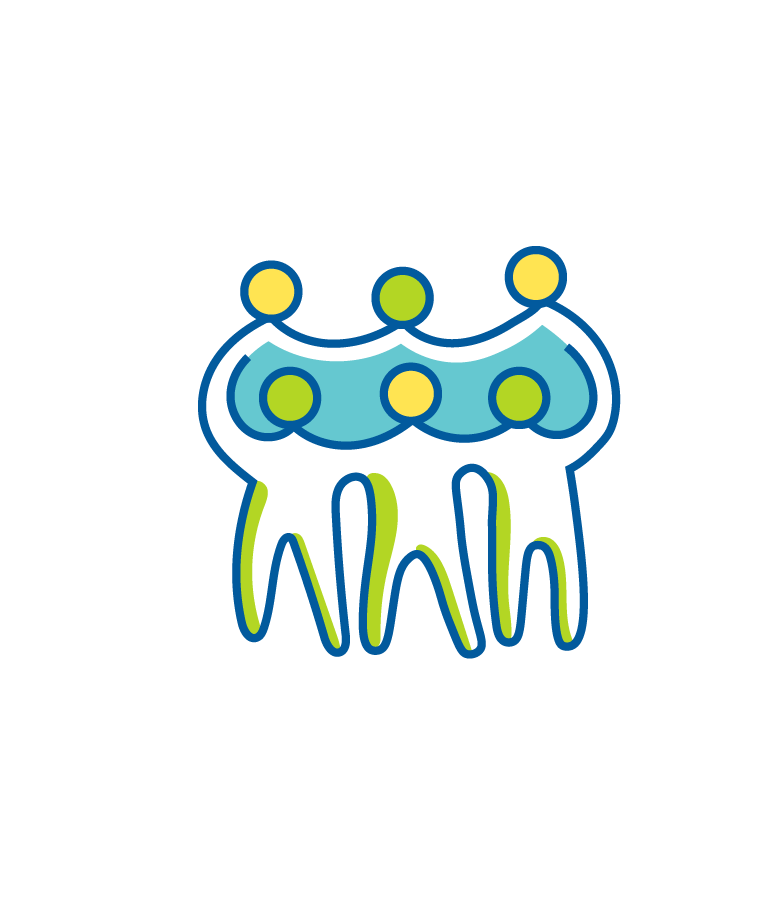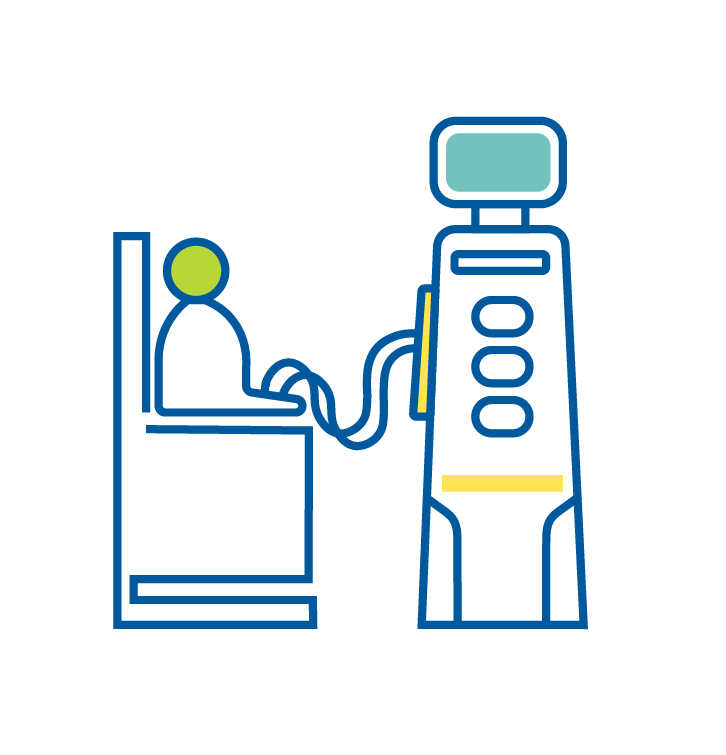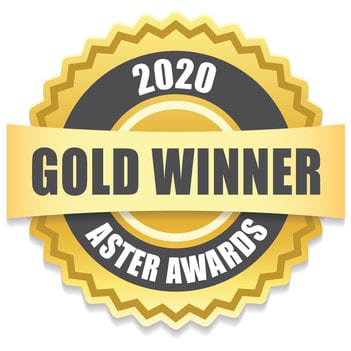Kidney Transplant
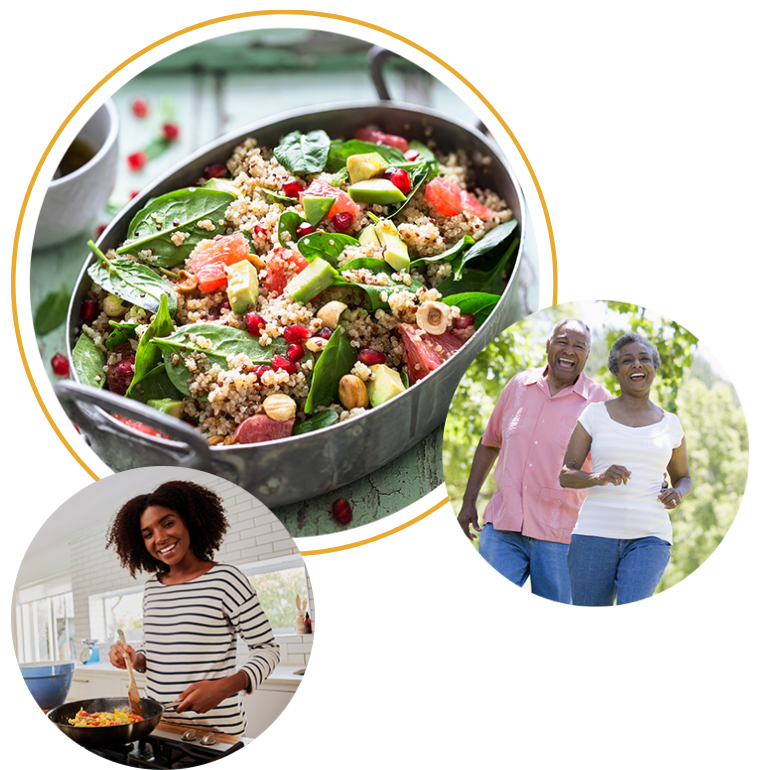
Why do I need to change how I eat after a kidney transplant?
After a kidney transplant, many of the food restrictions you had when you were on dialysis are no longer needed.
Some people gain weight after a transplant for many reasons, including being able to eat most of your favorite foods again. Keeping a healthy weight plays an important role in keeping your transplanted kidney healthy.
How can I eat healthy after a kidney transplant?
Your care team at your transplant center can recommend a kidney-friendly food and fluid plan for you.
In general, you should:

Choose non-processed foods to avoid added sodium and sugar

Drink at least 64 ounces of water every day

Follow safe food practices to avoid foodborne illnesses

Choose non-processed foods to avoid added sodium and sugar

Drink at least 64 ounces of water every day

Follow safe food practices to avoid foodborne illnesses
Food safety post-transplant
The most important thing you can do to keep your new kidney healthy is to take your immunosuppressive medicines every day, exactly as your doctor prescribed. Immunosuppressive medicines work to lower your immune system so your body does not reject your transplanted kidney. When you have a lower immune system, you have a higher chance of getting food poisoning and other foodborne illnesses. It is very important to follow safe food practices to keep from getting sick.
Tips for practicing food safety:
- Wash your hands for 20 seconds before handling any food item and after every time you handle meat, poultry or fish
- Use a food thermometer to ensure your foods are cooked to a safe internal temperature:
- Whole cuts of meat: 145°F
- Fish: 145°F
- Pork: 145°F
- Ground meat: 160°F
- Eggs: 160°F
- Poultry: 165° F
- Firmly rub the skin of all your fruits and vegetables while washing them under running water
- Do not consume foods or drinks that are unpasteurized (this is especially important when purchasing dairy, juice or ciders)
- Use dishwasher-safe cutting boards or boards that can be soaked and cleaned with hot, soapy water (no wood cutting boards)
- Use a separate cutting board for preparing each type of food:
- Raw meats, poultry or fish
- Cooked meats, poultry or fish
- Fruits and vegetables
Sodium (salt)
You can find the amount of sodium – one of two electrolytes in salt-in foods by checking the nutrition label. After a kidney transplant, many people have high blood pressure or fluid retention, which is when too much fluid builds up in your body. Some of the medicines you take after a transplant can also raise your sodium levels and cause fluid buildup, so it is best to limit the amount of sodium you consume.
The amount of sodium found naturally in foods is enough to keep a healthy level in your body, but sodium is often added to many processed foods, foods we eat in restaurants and even the food we cook ourselves. This can lead to eating too much salt and cause too much sodium to build up in your body.
The recommended amount of sodium to consume can depend on your stage of kidney disease and your kidney function. In general, a healthy amount of sodium is 2,300mg or less of sodium per day. This is equal to about 1 teaspoon of salt a day.
Ask your doctor and dietitian how much sodium you should have each day after a kidney transplant.
These foods and drinks usually have added sodium (unless marked as low-salt or low-sodium):

Soda and sports drinks

Ice Cream

Frozen dinners and snacks

Fast food and food from restaurants

Packaged snacks (chips, pretzels, nuts, etc.)

Bakery items (bread, bagels, pies, cakes, etc.)

Condiments (ketchup, salad dressings, hot sauce, soy sauce, etc.)

Canned and jarred foods (tomatoes, beans, corn, pickles, etc.)

Seasonings and spices with salt (garlic salt, celery salt, seasoned salt, taco seasoning, seafood seasoning, etc.)

Soda and sports drinks

Frozen dinners and snacks

Packaged snacks (chips, pretzels, nuts, etc.)

Condiments (ketchup, salad dressings, hot sauce, soy sauce, etc.)

Ice Cream

Fast food and food from restaurants

Bakery items (bread, bagels, pies, cakes, etc.)

Canned and jarred foods (tomatoes, beans, corn, pickles, etc.)

Seasonings and spices with salt (garlic salt, celery salt, seasoned salt, taco seasoning, seafood seasoning, etc.)
Tips to avoid added sodium:
- Avoid salt substitutes that say “NuSalt” or “No-Salt” – these are made with potassium and could raise your potassium to a dangerous level
- Choose canned and jarred foods that say “no salt added” on the package
- Choose no salt added snacks (unsalted or no-salt pretzels, etc.)
- Prepare and cook your meals from scratch using one of our kidney-friendly recipes, so you can control the amount of salt in your food
- Use fresh or dried herbs and spices to add extra flavor to your dishes, instead of salt
- Drink water instead of sports drinks or soda
- When eating out, ask your server for your food to be prepared without any added salt
- Choose water instead of sports drinks or sodas, which have a lot of added salt, potassium, and calories
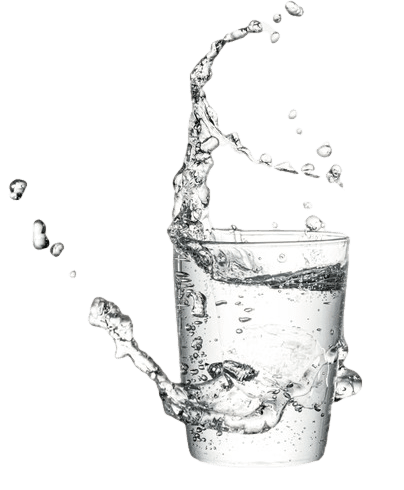
Fluid
A fluid is anything that turns to liquid at room temperature. In general, you should consume about 64 ounces of fluid per day after a kidney transplant. Your needs may be different. Ask your transplant center how much fluid you should drink each day.
Sugar
Eating too much sugar can lead to unwanted weight gain and diabetes-the number one cause of kidney disease. Sugar is a simple carbohydrate found naturally in many foods, like fruits, some starchy vegetables and dairy.
Sugar is also a product made by refining or processing sugar cane or sugar beets. Processed foods and drinks use refined or processed sugar to sweeten them. Our bodies digest refined and processed sugar very quickly, which can cause blood sugar levels to rise if you have diabetes. High blood sugar levels can make your kidney disease worse.
Choosing foods with natural sugar, like fruit, is a healthy alternative to sweets, like cookies, cakes and candies. Fruit has natural sugars that sweeten it and fiber, which helps keep you full and can prevent blood sugar levels from rising quickly if you have diabetes.
Processed foods may have hidden sugars in them. The best way to know if sugar is in your food is to read the nutrition label.
Avoid or limit foods with these ingredients
- Agave
- Barley malt
- Beet sugar
- Brown rice syrup
- Cane juice
- Cane sugar
- Honey
- Caramel
- Coconut sugar
- Corn syrup
- Fructose syrup
- Glucose syrup
- Maltodextrin
- Pure maple syrup
- Raw sugar
- Rice sugar
- High fructose corn syrup
Tips, webinars and videos
Sodium (salt) and your kidneys
Food safety and kidney disease
More tips to stay healthy after a kidney transplant

Add an extra daily activity into your schedule
Go for a brisk walk after dinner or take the stairs instead of the elevator.

Go to all your regular checkups
Our doctor will monitor your kidney function and other conditions.

If you have diabetes or high blood pressure, take your medicines as your doctor instructed.
One of the best ways to keep your kidney disease from getting worse is to keep your diabetes or high blood pressure under control.

Keep a healthy weight
Talk to your doctor about a healthy weight for you and ways to manage your weight.

Add an extra daily activity into your schedule
Go for a brisk walk after dinner or take the stairs instead of the elevator.

Go to all your regular checkups
Our doctor will monitor your kidney function and other conditions.

Keep a healthy weight
Talk to your doctor about a healthy weight for you and ways to manage your weight.

If you have diabetes or high blood pressure, take your medicines as your doctor instructed.
One of the best ways to keep your kidney disease from getting worse is to keep your diabetes or high blood pressure under control.
Your support goes further with AKF
Your donation allows AKF to support people wherever they are in their fight against kidney disease – from prevention through transplant. For more than 50 years, we have fought on all fronts for millions of people impacted by kidney disease.
Donate today to support our work

